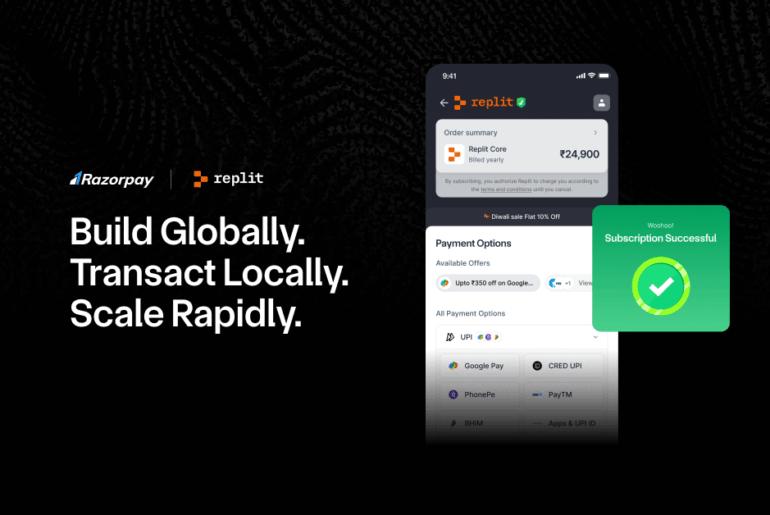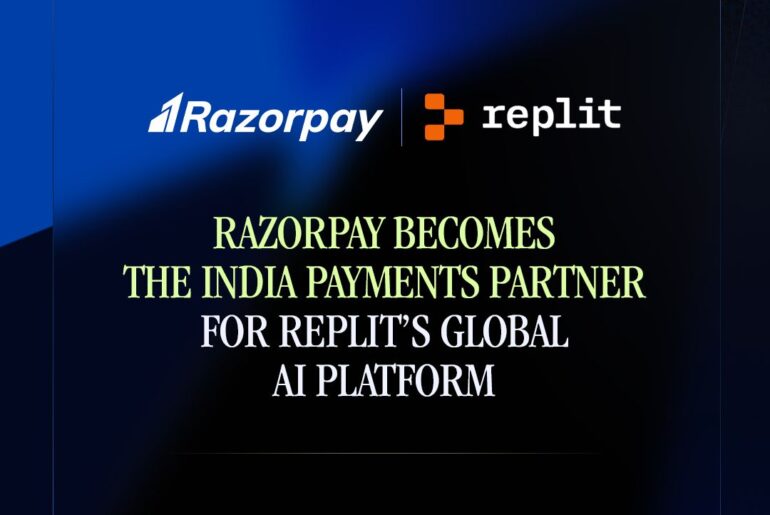As your business grows and expands internationally, seamless payment solutions become critical to success. At Razorpay, we are committed to ensuring that payment hurdles never stand in the way of your global growth.
In line with this, we are excited to announce that Razorpay has extended its international currency support to include zero-decimal currencies, such as the Japanese Yen and South Korean Won. This enhancement allows your customers in Japan and Korea to make payments in their native currencies, helping you tap into these markets with greater ease.
With the addition of 16 zero-decimal currencies, Razorpay now supports over 130 currencies worldwide, including those with 0, 2, and 3 exponents.
In this blog, we will explore what zero-decimal currency is, which ones Razorpay supports, and what to consider when accepting zero-exponent currency payments.
What are Zero-Exponent Currencies?
Zero-exponent currencies, also known as zero-decimal currencies, are currencies that do not use decimals in their monetary system. In simpler terms, these currencies only allow transactions in whole units, without fractional amounts.
For example, currencies like the Indian Rupee (INR) and the US Dollar (USD) operate with two decimal places. This means you can collect amounts such as INR 14.75 or $14.75, allowing for precision in smaller transactions.
However, with zero-exponent currencies like the Japanese Yen (JPY), no decimals are used. You can only charge whole amounts, such as 14 or 15 Yen, with no values in between. Similarly, the South Korean Won (KRW) also follows this structure, making transactions straightforward but without the granularity allowed by currencies with decimal places.
What Zero-Exponent Currencies Does Razorpay Support?
Razorpay now supports 16 zero-exponent currencies, including the Japanese Yen, Vietnamese Dong, Icelandic Krona, South Korean Won, Burundi Franc, and Chilean Peso. For a complete list of all currencies supported by Razorpay, please click here.
What You Need to Know for Accepting Zero-Exponent Currency Payments
When handling payments in zero-exponent currencies, it’s important to submit the amounts correctly in your API requests. Unlike currencies with decimal places, zero-exponent currencies require amounts to be written as whole numbers.
For example, to collect 250 Indian Rupees, you need to submit the amount in paise, so you would enter 25,000 (since the Indian Rupee has two decimal places). On the other hand, for 250 Japanese Yen, you simply enter 250, as Yen is a zero-exponent currency with no decimal places.
Please refer to our documentation for detailed instructions on managing zero-exponent currency payments. Additionally, review your API contract for specific guidelines to ensure accurate transactions.
Conclusion
Razorpay’s expanded support for zero-exponent currencies streamlines your international transactions by allowing seamless payments in currencies like the Japanese Yen and South Korean Won. You can start accepting these payments right away, enhancing your global presence and simplifying your payment processes.
Check out Razorpay International Payments now!
Frequently Asked Questions (FAQs)
1. Do Razorpay Merchants Need to Enable Any Feature for Zero-Exponent Currencies?
No action is required from the merchants’ end. The support for zero-exponent currencies has already been enabled.
2. How Does Razorpay Handle Currency Conversion for Zero-Exponent Currencies?
Razorpay automatically manages currency conversions and ensures that transactions are processed accurately in zero-exponent currencies.
3. Will There be Any Changes to My Existing API Integration?
No changes are required for your existing API integration. Razorpay’s system will handle zero-exponent currencies as part of the updated international currency support.
4. Where Can I Find More Information on Managing Zero-Exponent Currency Payments?
For more details, please refer to our documentation section. It includes comprehensive guidelines and examples for handling zero-exponent currency payments.


